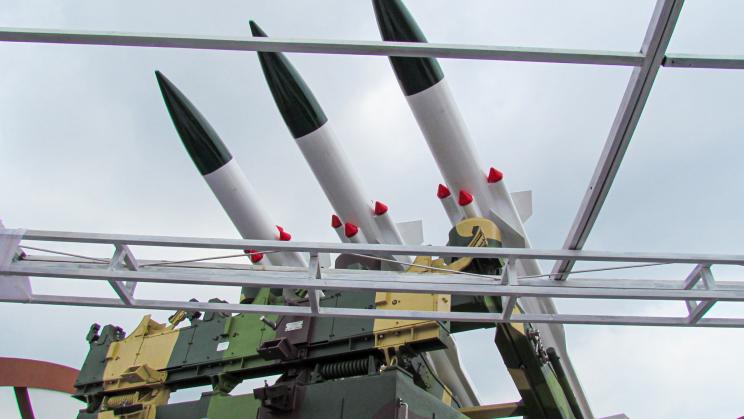Nuclear trends in South Asia
South Asia’s position in responding to and shaping international arms control efforts has evolved with the rapid development of nuclear and conventional arsenals in China, India and Pakistan. SIPRI’s work on the region explores themes such as strategic asymmetry, territorial disputes, changes in nuclear postures and the impact of emerging technologies on nuclear dynamics.
Nuclear challenges and dynamics impacting South Asia
Both India and Pakistan remain outside the 1986 Treaty on the Non-Proliferation of Nuclear Weapons (NPT). They conducted nuclear weapon tests in 1998. Although their strategic footprint has grown, much of the policy discussion continues to be limited to the bilateral competition between these two powers. Through its research and engagement with the region, SIPRI seeks to expand the discussion to the trilateral and multilateral nuclear dynamics involving China, Russia, the United States and the broader Indo-Pacific region.
Emerging technologies and nuclear risk in South Asia
The progress made by India and Pakistan in a variety of cutting-edge technologies—including advanced missile technologies, artificial intelligence, autonomous weapon systems and military applications of space—remains underexplored. SIPRI addresses this gap by analysing the intersection between such technological developments and nuclear risk. SIPRI publications on these topics include contributions from regional experts, as well as concrete recommendations on confidence-building measures and transparency.
